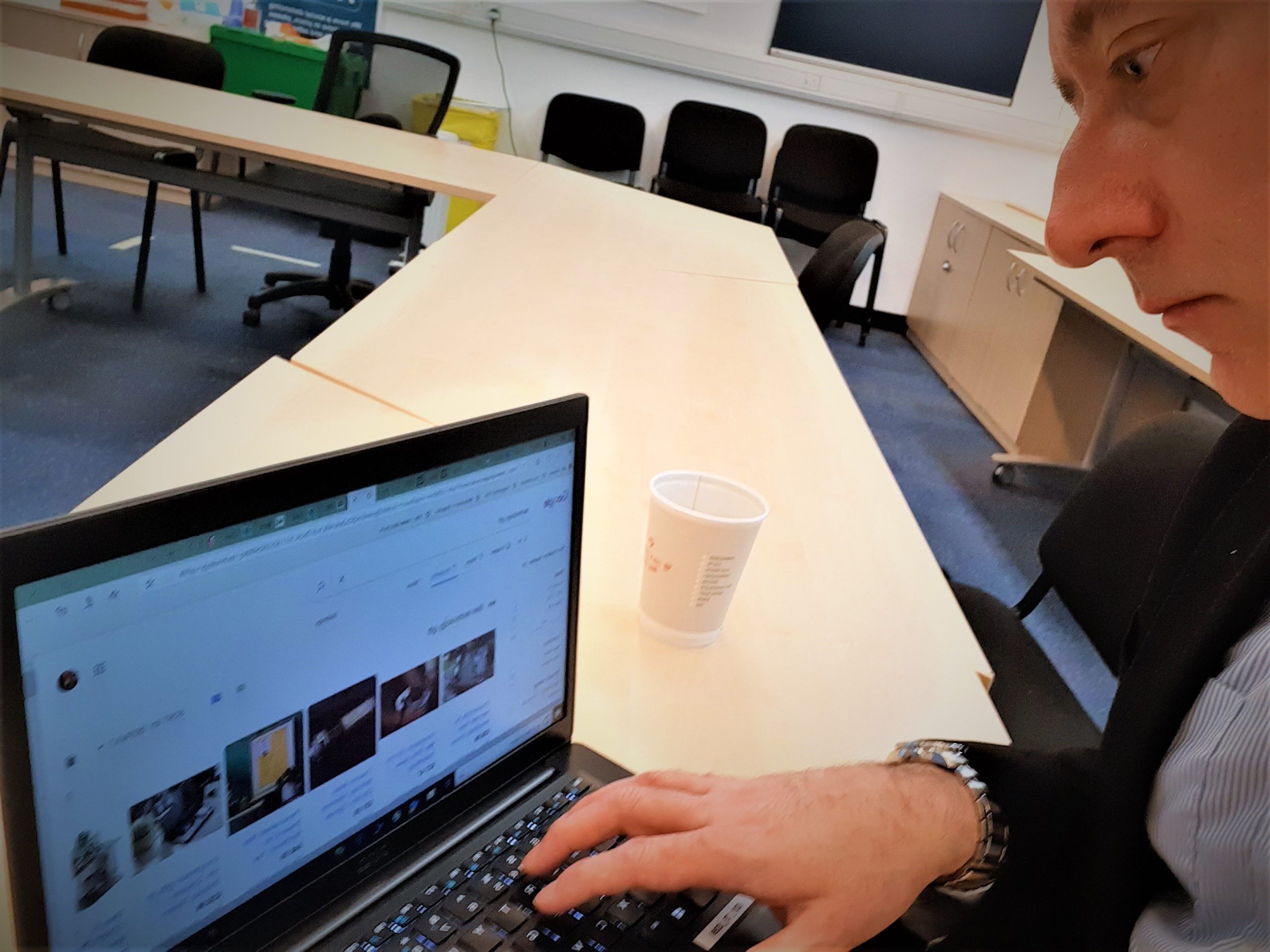The busiest time of year for shopping is here and consumers will be on the lookout for deals of various descriptions. In doing so, people should be mindful about the risk from cyber-criminals, especially online where hackers and scammers will seek to target shoppers looking for ecommerce sites.
Online safety expert Chris Bluvshtein, who works at VPNOverview.com has provided some important advice for readers to keep themselves safe while shopping online.
Stick to websites you know
Watch out for strange links. Bluvshtein advises: “You might be tempted by a Google link promising an amazing deal but before you click, look at the name. If it’s not something you recognise, don’t go there. Hackers can use similar names to high-street brands to trick you into giving up your data so double check the site is the one you know. Google also tells you if you’ve visited the site before so it’s worth taking your time and checking for those details.”
Check the URL bar
The website address may provide clues Here Bluvshtein recommends: “Every website should have a valid security certificate and you can tell by the little padlock icon next to the URL. If a website doesn’t have one of these then don’t give your bank details or valuable information.”
Check your bank statements
Look out for suspicious activity. Bluvshtein suggests: “You might not even be aware of your details being stolen until it’s too late, but by making it a habit to check your account and statements you’ll be able to catch any suspicious activity early on. Your bank will have information on any time limits they have for fraudulent purchases, so be sure to keep an eye on your statements.”
Use a password manager
Protecting our passwords is important. Bluvshtein puts forward an idea: “The safest thing you can do is use a unique, randomised password for all your accounts. But instead of writing those down on post-it notes or in notebooks, use a password manager to keep them all in one place. Password managers lock your information behind a master password and many of them autofill the website logins for you, keeping you safe from keylogger attacks.”
Don’t shop on public Wi-Fi
Public Wi-Fi is easy to hack. Bluvshtein spells this out: “You might be tempted to hop onto your favourite shopping site while having a coffee at your local cafe, but that public wi-fi connection is extremely dangerous to use. Public Wi-Fi rarely has safety protocols such as passwords in place and hackers can piggyback and steal unsecured banking details and sensitive information without you knowing.”
Use mobile payments
Some forms of financial transaction offer safeguards. Bluvshtein selects: “Apps like Apple Pay and Google Pay can protect your banking details so if a website accepts them, it’s best to use them instead of your debit card.”
Use a credit card
Card payment protection is another idea. Bluvshtein thinks: “If something is high value, don’t use your debit card to pay for it. Consumer law in the UK means that you could get refunds or claim your money back if your card is stolen. Credit cards also have more protections than debit cards.”
Set up a temporary bank account
Limiting how much of your bank account is available is another recommendation. Bluvshtein: “By opening an online only bank account such as Revolut or Monzo, you can control the amount of money you have access to with transfers from your usual account. This way, even if your details are compromised, the hacker can’t do anything to your real bank account.”
Use a VPN
Virtual private networks are another solution. Bluvshtein calls out: “A VPN protects your data from prying eyes. Everything you send is encrypted so even if a hacker can see you on a network, they won’t be able to access your sensitive information. VPNs connect you to a remote server and hide your IP, using one along with any of our other tips can make your online shopping super secure.”














